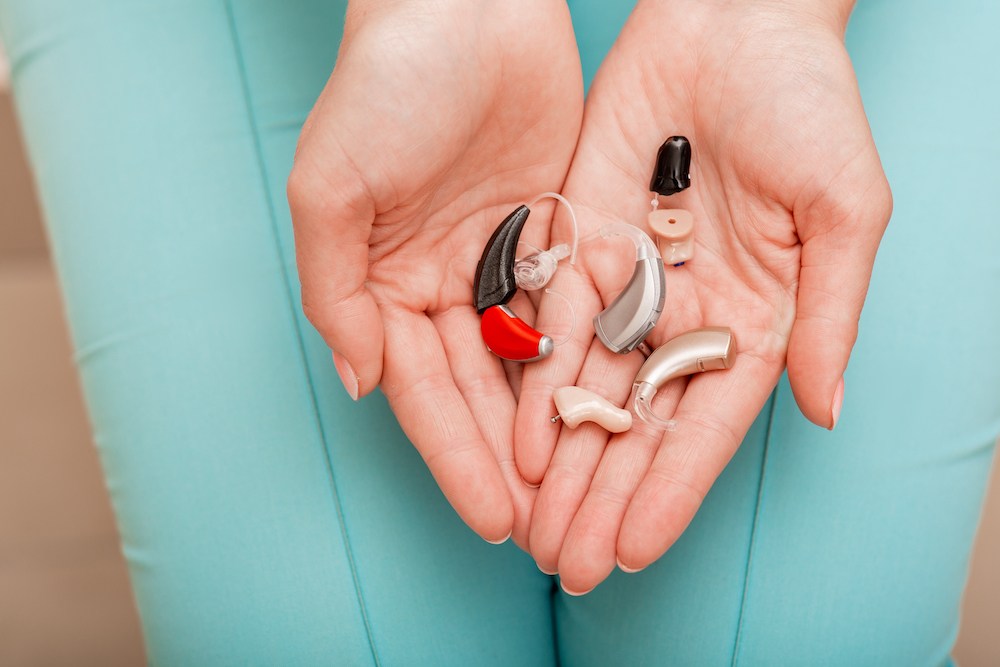The Impact of 3D Printing on Hearing Aid Manufacturing
Technology has changed almost everything about how we live, work and take


Technology has changed almost everything about how we live, work and take

Winter’s chill brings along a variety of changes, some may even

Hearing aids have come a long way, and now you can walk into a store or